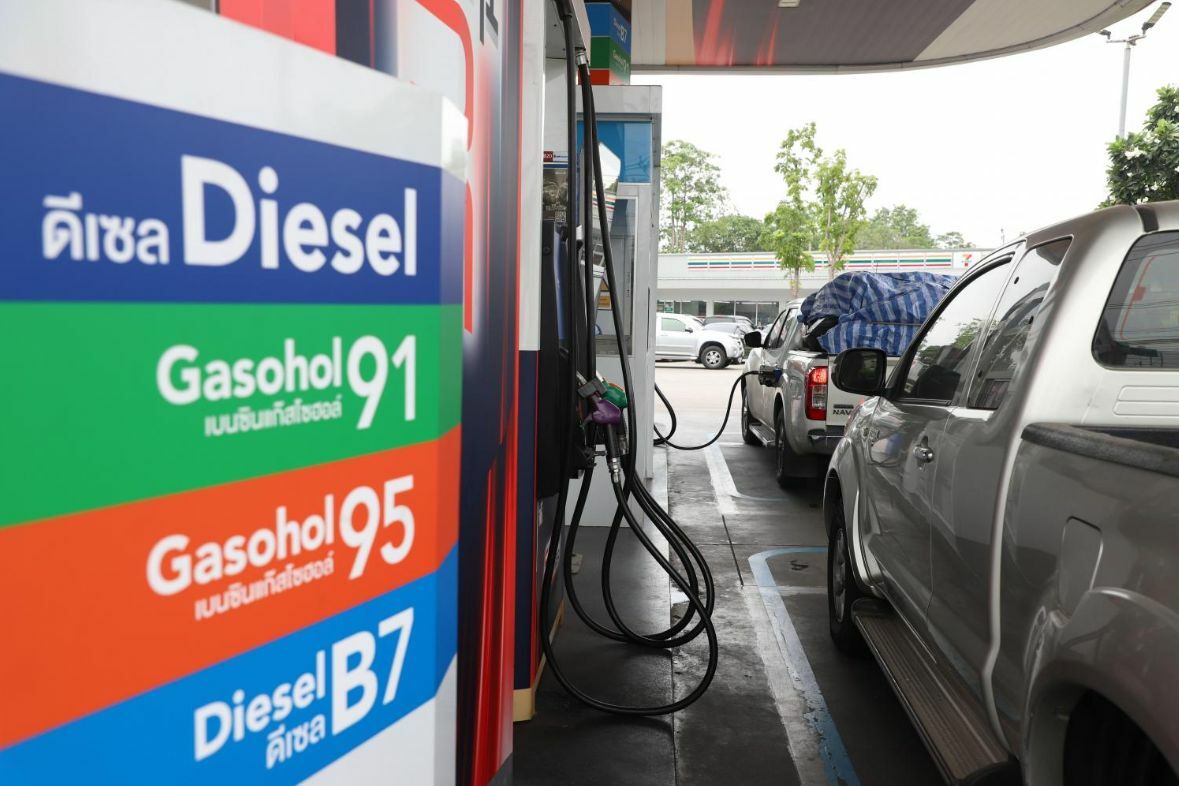Diesel prices dip amid global economic recession fears and interest rate hikes

On Monday, Diesel prices have fallen to around 32 baht per litre, as global crude oil prices continue to decline amidst concerns about an economic recession.
The Oil Fuel Fund Office (Offo) has attributed this decrease to economic contraction, resulting from central banks’ interest rate hikes. As central banks, including the Federal Reserve and the European Central Bank (ECB), continue to increase interest rates, a slight drop in fuel consumption is expected.
The World Bank has warned that central banks’ decisions to raise interest rates in response to high inflation could lead to a global recession in 2023. Recent interest rate hikes by the Fed and the ECB have increased borrowing costs for consumers and made business loans more expensive. In Thailand, local economists believe the Bank of Thailand will increase its policy rate to 2% this month, reports Bangkok Post.
“If there are no unexpected incidents caused by major oil-producing countries or geopolitical conflicts, the prices are expected to keep falling,” according to the Offo. Dubai crude oil reference prices have decreased from US$91.13 per barrel in October last year to $78.5 per barrel on average in March.
Global crude oil prices are expected to keep decreasing to US$85-95 a barrel on average this year as the world economy slows down. However, global oil prices will still fluctuate and could go up at any time if supply is disrupted, said Nitipat Saengdaochai of PTT Prism during the 11th annual petroleum outlook forum.
The International Monetary Fund (IMF) has projected a fall in global GDP from 3.4% in 2022 to 2.8% this year, before settling at 3% in 2024. In Thailand, GDP is expected to grow by 3-3.5% this year, while inflation will hover in a range of 2.7-3.2%, according to the Joint Standing Committee on Commerce, Industry and Banking (JSCCIB).
Despite the sluggish economic prospects, the crude oil price has been driven by growing supply tightness concerns after Opec and its allies decided to cut oil production, said Chaiwat Kovavisarach, group chief executive and president of Bangchak Plc.
In the first quarter of 2023, fuel demand in Thailand rose by 5.65% to 161 million litres per day (MLD) on average, up from 151 MLD in the first quarter of last year. This increase in fuel demand is attributed to the easing of Covid-19 infections, resulting in more active air travel.
Latest Thailand News
Follow The Thaiger on Google News:


























